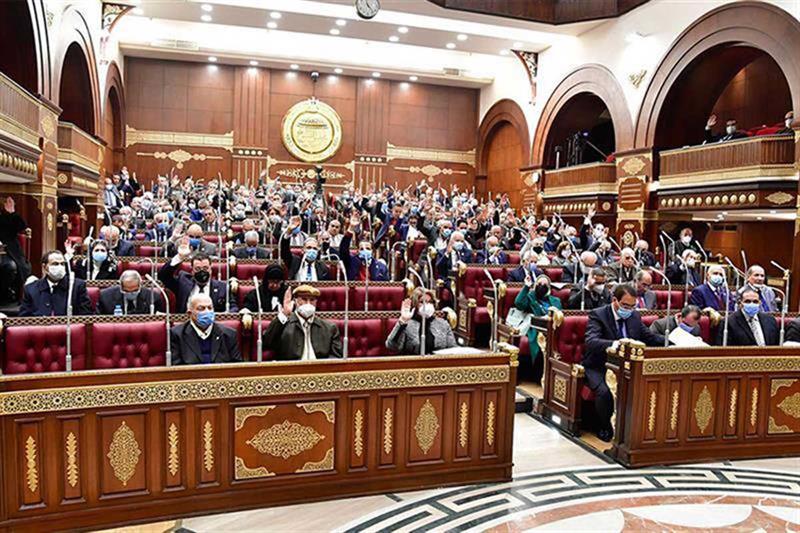The Egyptian Senate has been holding deliberations since Wednesday, 1 November, regarding a study by Senator Amr Ezzat of the Committee on Energy, Environment, and Labor that raises concerns about the potential incorporation of a carbon tax.
Ezzat’s study, titled “Economic Development Between Energy Sources and Addressing Environmental Issues,” analyzes the potential consequences of introducing a green tax, particularly in a country like Egypt, which is not considered “a leading energy producer.” The study highlights how such a law could potentially result in elevated prices for goods and services traditionally reliant on fossil fuels.
The Egyptian government declared in January 2023, as part of the International Monetary Fund (IMF) Extended Fund Facility program, that it would consider green tax solutions that improve the efficiency of carbon pricing and aid in emission reduction. In addition to the USD 3 billion (EGP 92 billion) Egypt has already received as part of the extended facility deal, it is also seeking financing for climate mitigation policies from the Resilience and Sustainability Facility (RSF).
A carbon tax is levied on companies based on their greenhouse gas emissions in the products they produce, such as carbon dioxide, methane, nitrous oxide, and others. Implementing a carbon tax law economically incentivizes businesses and companies to transition more easily to renewable energy sources. Green taxes are a broader concept of environmental taxes; they are designed to discourage activities that harm the environment, and carbon taxes are one type of green tax.
Industries with higher direct emission rates are anticipated to be affected by carbon levies more than others; these include energy, cement manufacturing, mining, transportation, and chemical production.
The committee explained how Implementing a carbon tax could increase the financial burden on investors, potentially leading them to liquidate their businesses or weaken their competitiveness within the Egyptian market.
The study recommends that the state launch a series of public offerings to finance new energy projects in areas such as solar power generation, wind energy, waste recycling, and crop residues as an alternative to carbon taxation, which could have a straining short-term impact on the Egyptian economy.
This development coincides with Egypt’s preparations to launch its first voluntary carbon market, wherein Egyptian as well as African companies can voluntarily implement carbon emission reduction policies and apply with the Egyptian Financial Regulatory Authority for carbon credit verification and certification. These carbon certificates can be sold as carbon credit to other companies seeking to offset their challenging carbon emissions.
The importance of carbon certificates and their trading is increasing with the European Union’s launch of the initial phase of adopting the “Carbon Border Adjustment Mechanism,” which will subject imports from industrial companies of the 27 EU member states to environmental standards by imposing financial payments on carbon emissions associated with their production.
According to the World Bank, direct carbon pricing instruments effectively reduce carbon emissions and currently cover about a quarter of global greenhouse gas emissions. The Bank reported that revenues from carbon taxes and emissions trading systems reached a record level of around USD 95 billion (EGP 2.9 trillion) in 2023.
The Senate is still discussing the study, and so far, no recommendations have been made. However, according to sources that spoke to Al Borsa last week, the Egyptian government is working on writing a carbon tax law, which will be presented to the parliament soon. The sources did not provide the precise tax rate or the implementation method.







Comments (0)